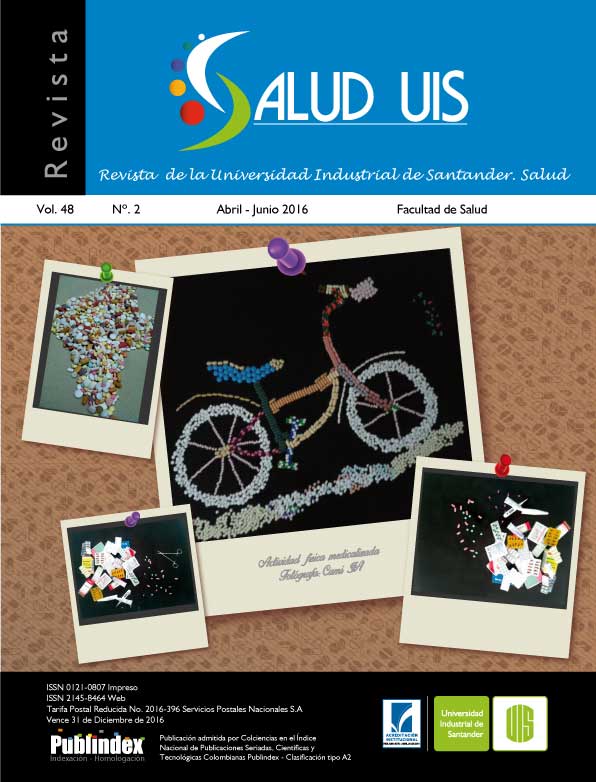Abstract
Introduction: Approaches on political violence, mental health and daily life conducted in partnership between the academy and a peasant organization in Antioquia, have positioned food sovereignty as a central issue in processes of repair and collective recovery. In a context where suffering, precariousness of the peasant mode of life and historical debts caused by an unfinished land administration reform, remain being key elements of the conflict. Objectives: To explore salutogenic processes that emerge from the reflections made by a group of rural women, based on their active participation in a research experience and their contributions to local food sovereignty. Methodology: Qualitative study which includes elements of the IAP, developed in Algeria, eastern Antioquia, through semi-structured interviews, focus groups, participant observation and social mapping exercises. Besides, local advocacy actions were assessed. Results: Inventory of native and creole seeds, community garden center, country fair and food festival are described as resulting products from the process of research-actionparticipation where the consolidation of a local research team and actions of incidence in rural life are exposed. Conclusions: 1) Food acquires a political connotation and transcends functional nutrition. 2) Local knowledge of subsistence or resistance generates sovereignty 3) Social networks on which knowledge is supported, and knowledge itself, are social health resources. 4) It is necessary to problematize the conventional technical measures in the field of mental health and to determine its scope in the field of micro-social relationships.
Se autoriza la reproducción total o parcial de la obra para fines educativos, siempre y cuando se cite la fuente.
Esta obra está bajo una Licencia Creative Commons Atribución 4.0 Pública Internacional.
